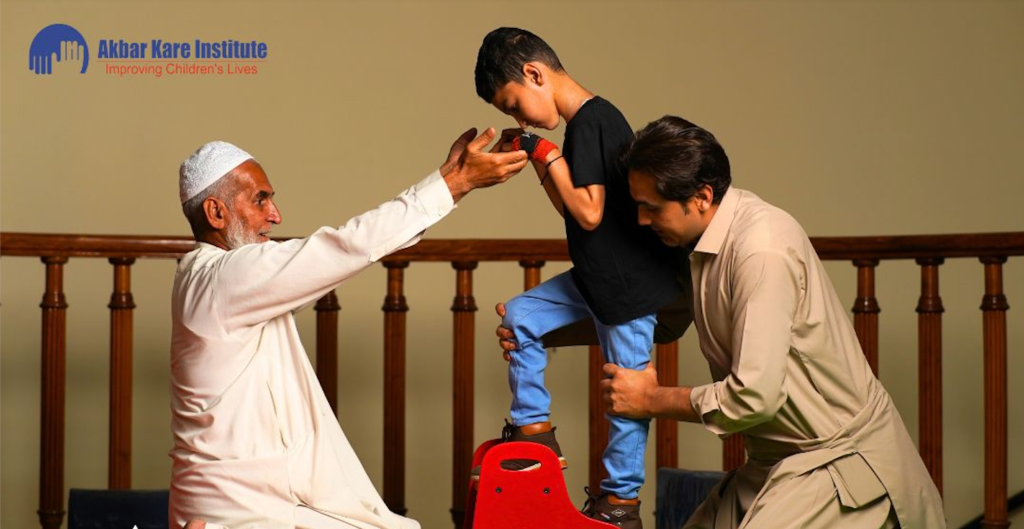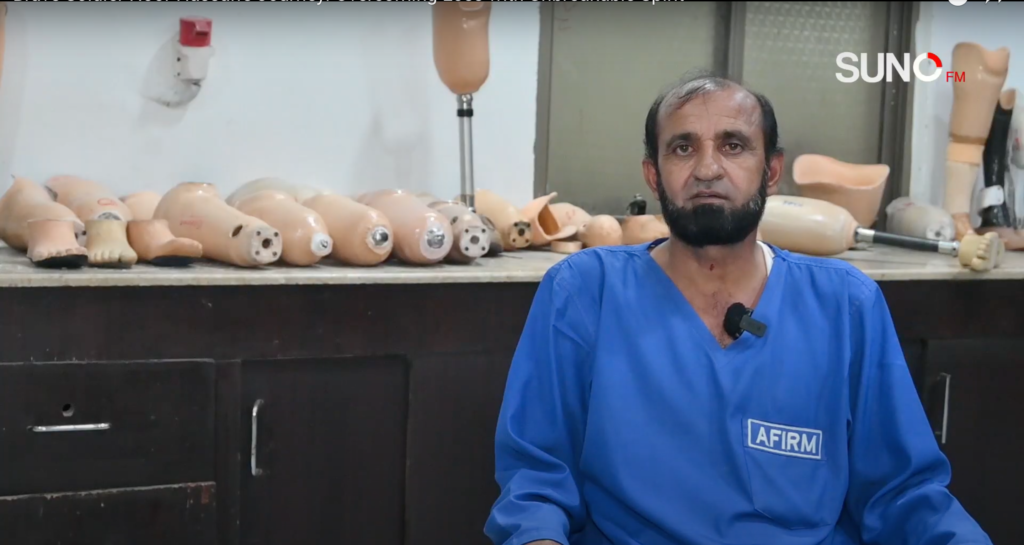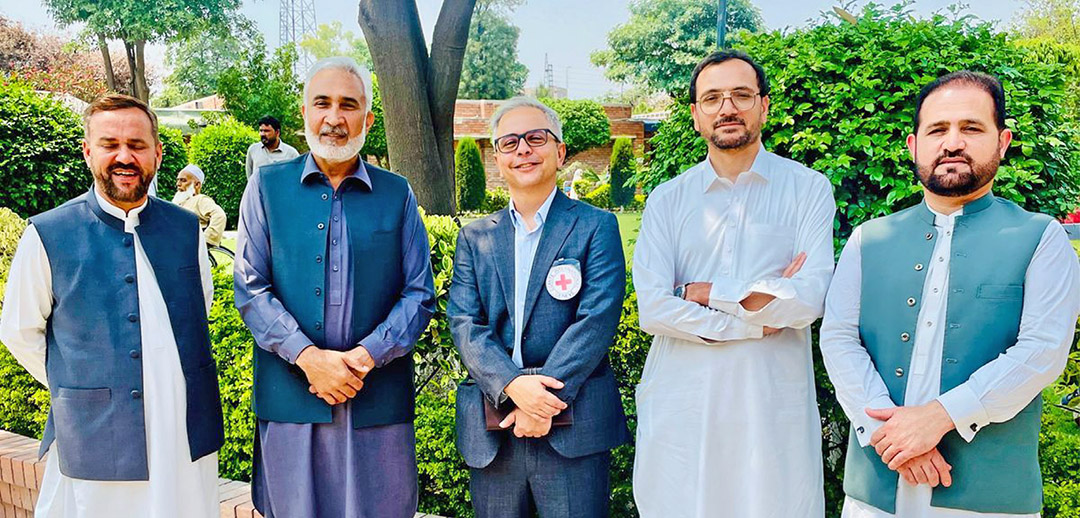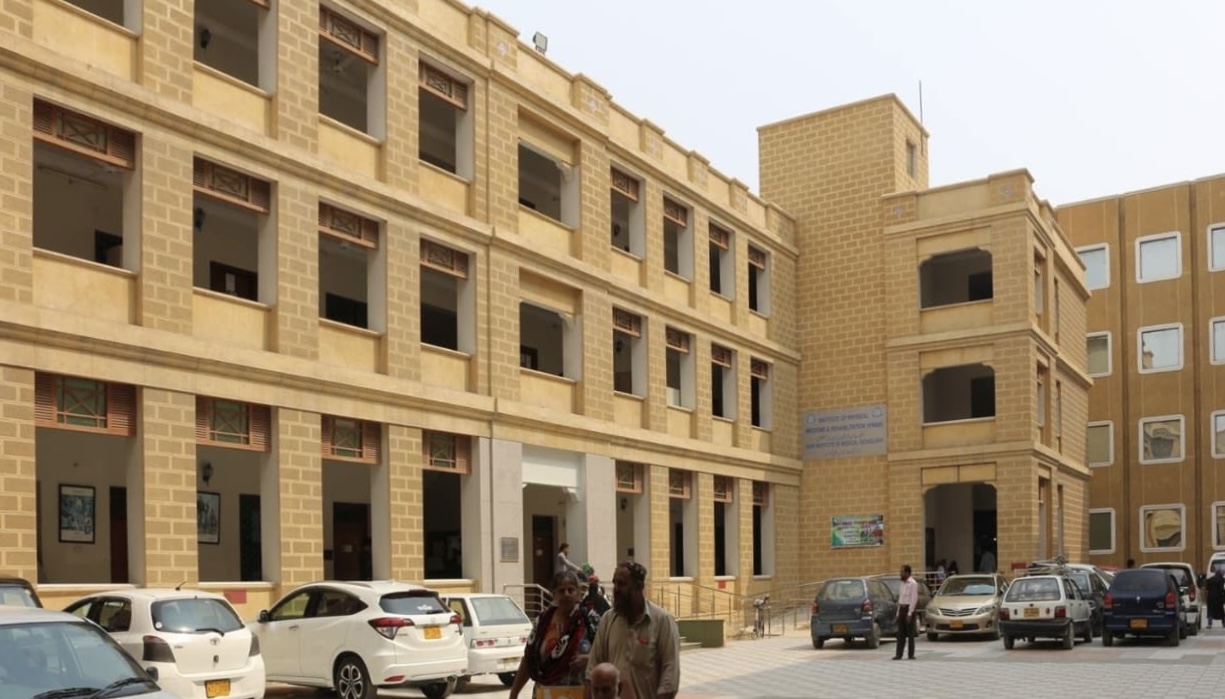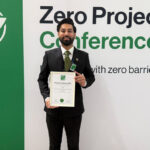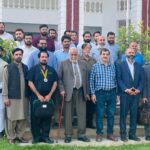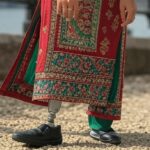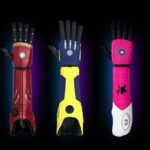Now Reading: Pakistani Paralympic Skier Insha Afsar: A Journey of Resilience and Triumph
-
01
Pakistani Paralympic Skier Insha Afsar: A Journey of Resilience and Triumph
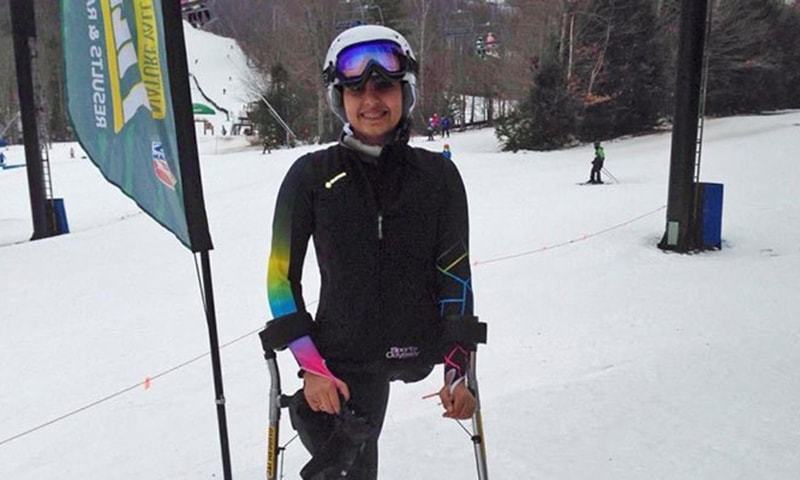
Pakistani Paralympic Skier Insha Afsar: A Journey of Resilience and Triumph
MUZAFFARABAD, Pakistan — April 10, 2025 — In the rugged, snow-capped mountains of northern Pakistan, a young woman named Insha Afsar has carved a path of inspiration that transcends borders and defies odds. At just 24 years old, she has become a symbol of resilience, representing Pakistan as its only female Paralympic skier and proving that a single leg and an unwavering spirit can conquer even the steepest slopes.
Insha’s story begins in tragedy. On October 8, 2005, a 7.6-magnitude earthquake rocked Azad Kashmir, leveling homes, schools, and lives. Six-year-old Insha was at school in Muzaffarabad when the building collapsed, trapping her beneath the rubble. The disaster claimed over 80,000 lives and displaced more than 3 million people, leaving a scar on Pakistan’s northern regions that lingers to this day. For Insha, it meant the loss of her left leg up to the hip—a devastating blow for a child whose world had just begun to unfold.
“I remember the chaos, the fear,” Insha recalled in a 2017 interview with ABC News. “But I also remember wanting to move forward, even then.” Her father, Afsar Khan, a modest shopkeeper, stood by her side as she faced months of recovery, supported by a community reeling from its own grief.
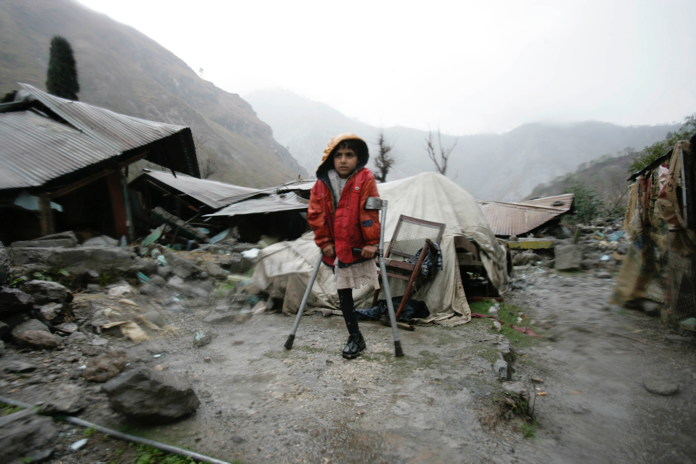
Six months after the quake, Insha’s life took an unexpected turn. A haunting photograph captured by TIME magazine photographer Yuri Kozyrev—of a small girl in a red coat standing on crutches amid gray rubble—caught the world’s attention. Published in a three-page photo essay in April 2006, the image moved readers and staff alike. Shriners International, a U.S.-based nonprofit offering free medical care to children, stepped in, arranging for Insha and her father to travel to Springfield, Massachusetts, for a prosthetic leg fitting.
There, she met Ted and Rebecca Bent, a Connecticut couple whose son had recently left for college. They opened their home to Insha and her father, initially as temporary hosts. What began as a short-term arrangement blossomed into a lifelong bond. “They gave me a family when I needed it most,” Insha said in a 2020 profile by WOW 360. The Bents sponsored her subsequent visits, eventually securing a student visa for her to stay and study in the U.S., where she attended a private school and later enrolled at Berkshire Academy in Massachusetts, chosen for its competitive ski team.
Adjusting to life with a prosthesis wasn’t easy. Early versions were clunky, and skiing—a sport she’d never heard of in Pakistan—seemed an impossible dream. Cultural barriers compounded her challenges. “In my village, girls didn’t become athletes,” Insha told Dawn in 2017. “My family didn’t understand skiing—they didn’t even know what it was.” Her parents, rooted in traditional norms, struggled to accept her ambitions, yet they supported her choice to pursue them abroad.
Insha’s first taste of skiing came through friends in the U.S. who invited her to the slopes. She was 13 when she attended The Hartford Ski Spectacular in 2013, part of Disabled Sports USA’s Diana Golden Scholarship program. There, she trained with Paralympic coaches and adaptive athletes, learning to three-track ski—a technique using one leg and two outriggers. “It was terrifying at first,” she admitted to Parhlo in 2020. “But once I felt the speed, I was hooked.”
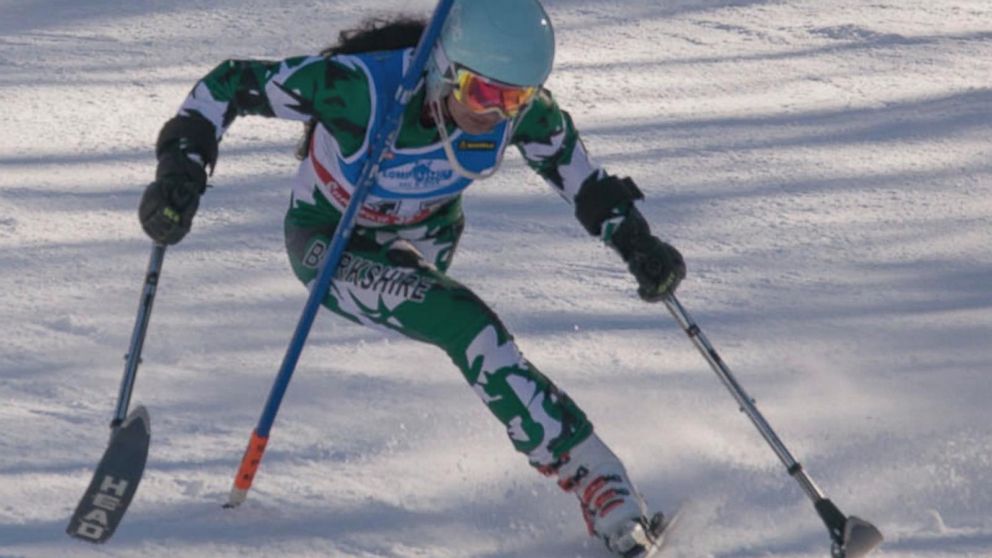
Insha’s dedication was relentless. She joined the National Sports Center for the Disabled (NSCD) and trained daily, even competing alongside able-bodied skiers on Berkshire’s team. Her coach, Erik Peterson, became a pivotal figure. “He taught me I could do this,” she told DeenPost in 2020. By 2015, at age 14, she competed in the U.S. Paralympic Alpine National Championships against over 40 athletes, finishing just three seconds behind bronze medalist Melanie Schwartz from the 2014 Sochi Paralympics—a remarkable feat for a beginner.
Her big moment came in 2018, when she became Pakistan’s sole representative at the Winter Paralympics in PyeongChang, South Korea. At 17, she raced down the slalom course, placing in the top 10 of her event. “I skied for every girl back home who thinks she can’t,” Insha said after the race, her voice trembling with pride. She clocked speeds of up to 60 miles per hour on a single leg—a velocity that challenges even two-legged skiers.
Insha’s achievements extend beyond the Paralympics. She’s competed in numerous NASTAR and ICC races, earning accolades and inspiring peers. John Borwick, her Berkshire coach, praised her in a 2017 Gulf News interview: “Her efforts lift everyone around her.” Yet, her journey hasn’t been without hurdles. Pakistan lacks a formal winter Paralympic program, and funding remains a constant struggle. Living on a student visa, she couldn’t represent the U.S., despite her desire for dual citizenship to train with Team USA—a goal she still pursues for the 2026 Winter Paralympics.
Today, Insha is more than an athlete—she’s a mentor and motivator. She dreams of seeing more Pakistani women in sports, breaking the mold of a society where, as she told Startup Pakistan in 2020, “girls are told their real home is with their husband.” Her message is clear: “Don’t be afraid of falling. You can always get back up.”
Ted Bent, her guardian, sees a broader legacy. “We hope she grows into an educated woman who can represent Pakistan intelligently,” he told The News in 2015. “She’ll always be Pakistani, even if she skis for another flag.”
Insha Afsar’s story is a testament to human spirit—a girl from Muzaffarabad who turned tragedy into triumph, one snowy descent at a time. For every young dreamer watching her glide, she whispers a challenge: If I can, so can you.

